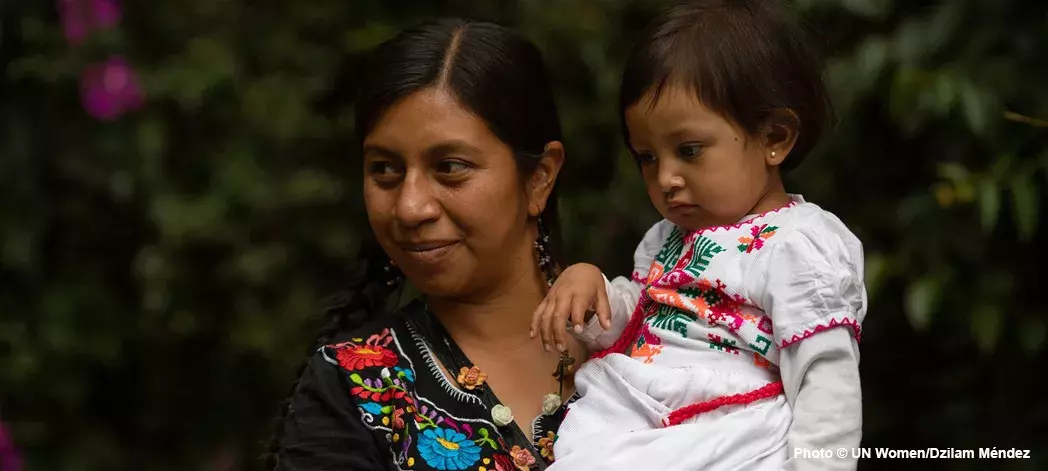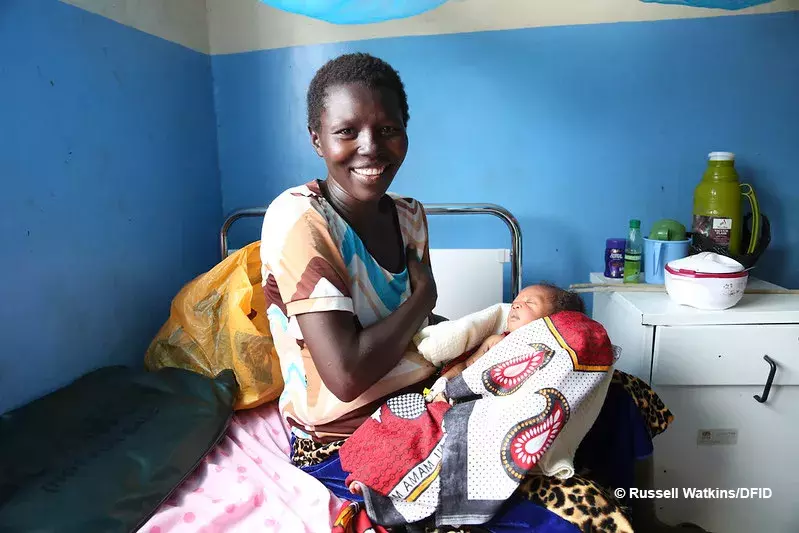Critical thinking is clear, reasonable, reflective thinking focused on deciding what to believe or do. Misinformed choices can be harmful and wasteful for everyone, including patients, health professionals, citizens, and policymakers. There is an overwhelming amount of information about what is good or bad for our health, and it is difficult for people to know what to believe. In this 3ie Evidence Dialogues webinar, we will discuss the results of impact evaluations of an educational intervention to improve secondary students’ ability to think critically about health in Kenya, Rwanda, and Uganda. We will present the results of randomized trials and process evaluations, a panel of policymakers will discuss implications and lessons learned from this research, and we will discuss the importance of critical thinking for international development in and beyond healthcare.
Time: 8:00 am – 9:30 am EST
Panelists:
- Thomas Kelly, Director, Evidence for Policy and Learning, 3ie (Chair)
- Andrew David Oxman, Research Director, Centre for Epidemic Interventions Research, Norwegian Institute of Public Health, Oslo, Norway
- Michael Mugisha, Assistant Lecturer, School of Public Health, University of Rwanda, Kigali, Rwanda
- Margaret Kaseje, Professor, Health Policy, Tropical Institute of Community Health and Development, Kenya
- Nelson Sewankambo, Professor Emeritus, College of Health Sciences, Makerere University, Kampala, Uganda
- Jane Njue, Kenya Institute of Curriculum Development, Nairobi, Kenya
- Grace Baguma, Director, National Curriculum Development Centre, Kampala, Uganda
- Florian Rutyomba, Director of Arts and Humanities, Curriculum, teaching and learning resource department, Rwanda Basic Education Board
 Margaret_Kaseje, Professor of Health Policy, Tropical Institute of Community Health and Development
Margaret_Kaseje, Professor of Health Policy, Tropical Institute of Community Health and Development
Margaret Kaseje, a health policy and planning professor and international health, has contributed to community health, health policy, and public health research. She has authored articles emphasising community-based health care, adolescent, maternal and child health, and health system strengthening. In collaboration with the Kenya Ministry of Health and its partners, Professor Kaseje has been instrumental in developing guidelines, manuals, and training materials for health professionals. Her contributions have played a role in enhancing health services and promoting the adoption of evidence-based practices across sub-Saharan Africa.
 Andy Oxman, Research Director, Norwegian Institute of Public Health
Andy Oxman, Research Director, Norwegian Institute of Public Health
Andy Oxman is a researcher in the Centre for Epidemic Interventions Research at the Norwegian Institute of Public Health. His research over the past 35 years has focused on ways of helping people make informed choices about healthcare.
 Michael Mugisha, Assistant Lecturer, School of Public Health, University of Rwanda, Kigali, Rwanda
Michael Mugisha, Assistant Lecturer, School of Public Health, University of Rwanda, Kigali, Rwanda
Michael is an academic staff and a public health researcher who has spent nine years in the development and evaluation of interventions for young people to help them make informed health choices. He led an evaluation of the IHC secondary school intervention in Rwanda as part of his PhD training.
 Nelson Sewankambo, Professor Emeritus, College of Health Sciences, Makerere University, Kampala, Uganda
Nelson Sewankambo, Professor Emeritus, College of Health Sciences, Makerere University, Kampala, Uganda
Nelson K. Sewankambo is an Emeritus Professor of Medicine at Makerere University College of Health Sciences. As a clinical epidemiologist, clinician educator and health researcher, he keenly advocates for critical thinking among learners and the use of evidence to inform health choices, policymaking, and practice for health impact.
 Grace Baguma, Director, National Curriculum Development Centre, Kampala, Uganda
Grace Baguma, Director, National Curriculum Development Centre, Kampala, Uganda
Grace Baguma is a curriculum development specialist with vast knowledge and experience in the development and design of curriculum materials, textbook writing and publishing, and development of other non-textbook learning materials. She is also a seasoned teacher, having taught at high school, tertiary institutions and University.
 Jane Njue - Principal Deputy Director, Research and Knowledge Management – Kenya Institute of Curriculum Development
Jane Njue - Principal Deputy Director, Research and Knowledge Management – Kenya Institute of Curriculum Development
With twenty years at the Kenya Institute of Curriculum Development, Jane currently serves as the Principal Curriculum Development Officer in Applied Research within the Research and Knowledge Management Division. She focuses on identifying concerns in the curriculum implementation cycle and addressing them through evidence-based research interventions.
 Florian Rutyomba, Director of Arts and Humanities, Curriculum, teaching and learning resource department, Rwanda Basic Education Board
Florian Rutyomba, Director of Arts and Humanities, Curriculum, teaching and learning resource department, Rwanda Basic Education Board
Florian is the director of Arts and Humanities. His unit and the department focus on developing curriculum, teaching, and learning resources for primary and secondary education. He has spent several years in basic education as a teacher and curriculum specialist, where he contributed to designing the strategic direction of education in Rwanda.
 Thomas Kelly, Director – Evidence for Policy and Learning, 3ie
Thomas Kelly, Director – Evidence for Policy and Learning, 3ie
Thomas Kelly leads 3ie’s agenda to strengthen evidence cultures and to develop practical solutions to facilitate evidence use. He has over 25 years as an executive, researcher, and practitioner working to bring evidence to bear on efforts to improve development outcomes. Prior to joining 3ie, Thomas served as the Deputy Vice President for the Department of Policy and Evaluation at the Millennium Challenge Corporation, where he was responsible for strategic direction and technical oversight of MCC’s Monitoring and Evaluation, Economic Analysis, and Development Policy divisions. Previously, he also served as the Managing Director for the Threshold Program, Managing Director for Development Policy, and the Senior Director for Economic Policy at MCC.


